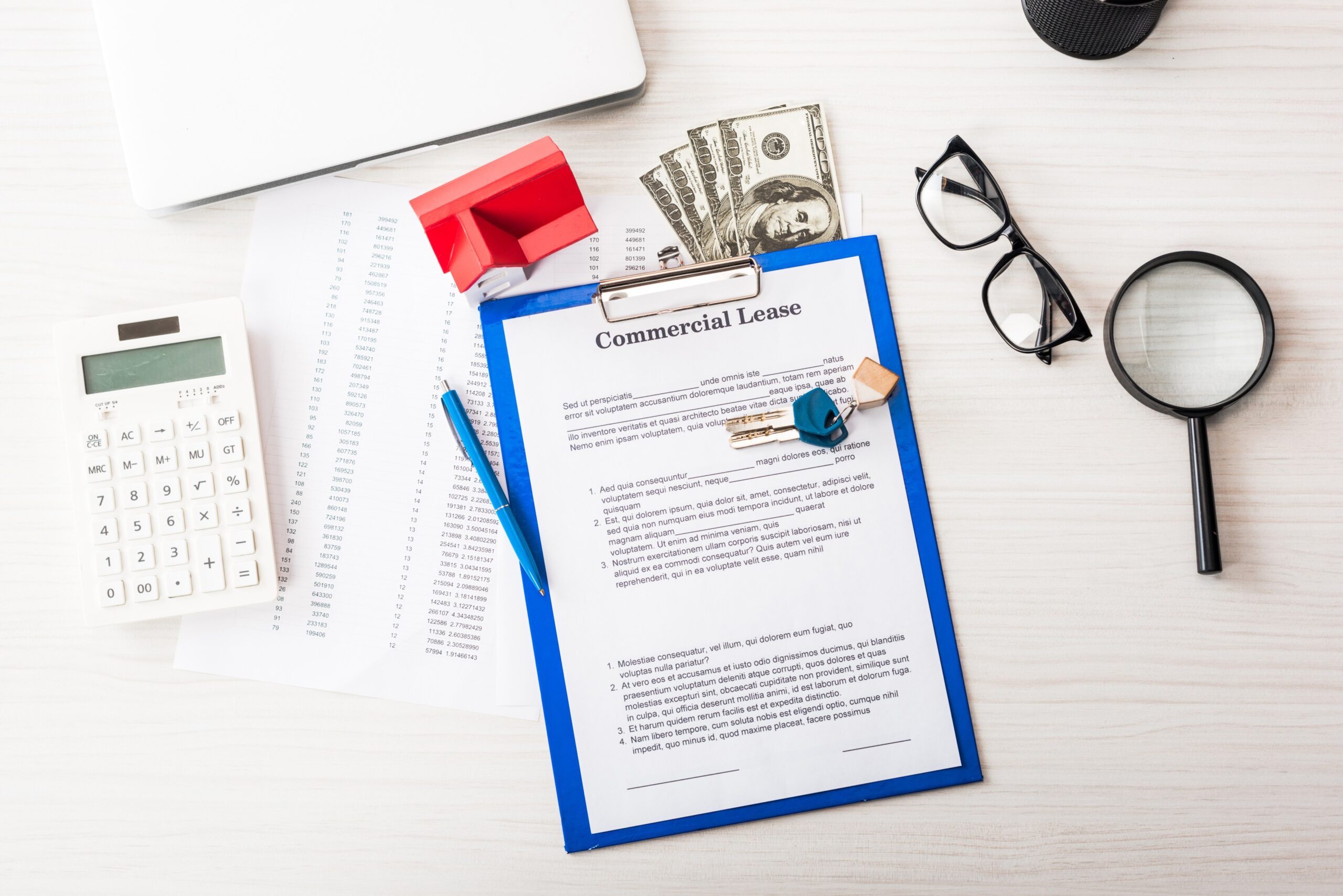Commercial Lease Law and Why You Need a Lawyer – Guest Post

Being a landlord to a residence or a store is similar in that you’re responsible for and own the property being used. As a result, you’re likely going to want to take care of the property and want to see it being used to the best of its ability. When it comes to real estate law, it’s best to have the right experts on hand. Especially so when it’s a business that’s using your property.
Commercial Versus Residential
Commercial leases are typically more complex than residential leasing agreements, and laws that apply to commercial leases can be quite different from those that apply to residential leases. Commercial leases often contain clauses specifying the length of the lease term, the tenant’s rights and restrictions with respect to subleasing, and what the tenant may or may not do to the physical property. In addition, commercial leases may contain provisions requiring the tenant to maintain certain insurance coverage, to comply with fire and safety codes, and to pay property taxes. Given the complexities of commercial leasing agreements, it is advisable for tenants to seek the counsel of an experienced attorney before signing a lease.
What’s In a Good Leasing Agreement
When drafting a commercial lease agreement, there are a few key points to consider. First, the commercial tenant should look at the commercial space and determine what type of improvements they want or need to make over time. This will help the commercial tenant to understand how long the commercial lease term can be and if any special provisions (e.g., a right to renew) might be included in the commercial lease agreement. Additionally, commercial tenants should look at any restrictions that may be placed on their use of the commercial space, including zoning restrictions and other regulations that may apply.
Strategies for Protection
When it comes to commercial lease law and protecting yourself as a landlord, you need to make sure that your commercial lease contract is as thorough and legally sound as possible. This includes spelling out every detail of the commercial leasing agreement, including a detailed description of the commercial space and any improvements that will be made. Additionally, landlords should include key terms such as the commercial tenant’s rights and responsibilities, termination provisions, and any applicable restrictions. Finally, commercial landlords should include a provision that requires all commercial tenants to provide proof of insurance at the start of the lease term.
In conclusion, commercial lease law is complex and requires the help of a lawyer to ensure all parties are aware of their rights, responsibilities, and any potential legal implications. A good commercial lease agreement should be thorough, legally sound, and protect the interests of both landlords and tenants. By working with an experienced commercial real estate attorney who understands commercial lease law, landlords can ensure that their commercial leases are fair and protect them against any potential legal risks.
